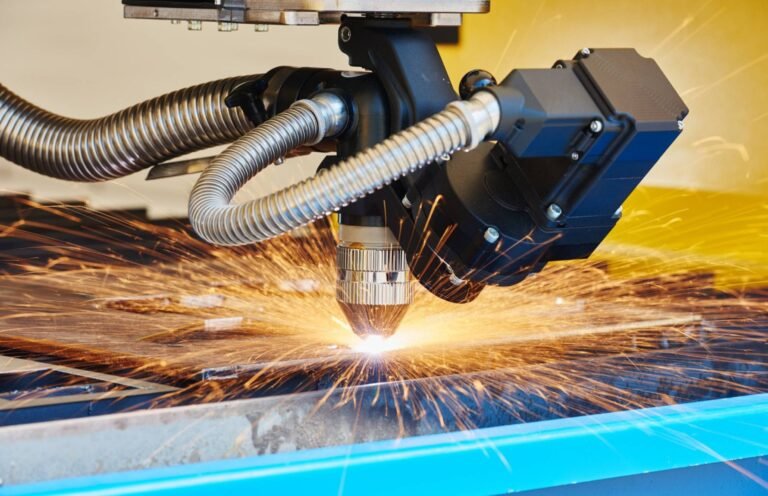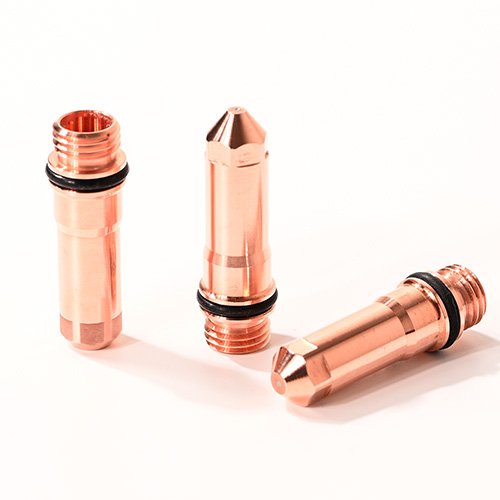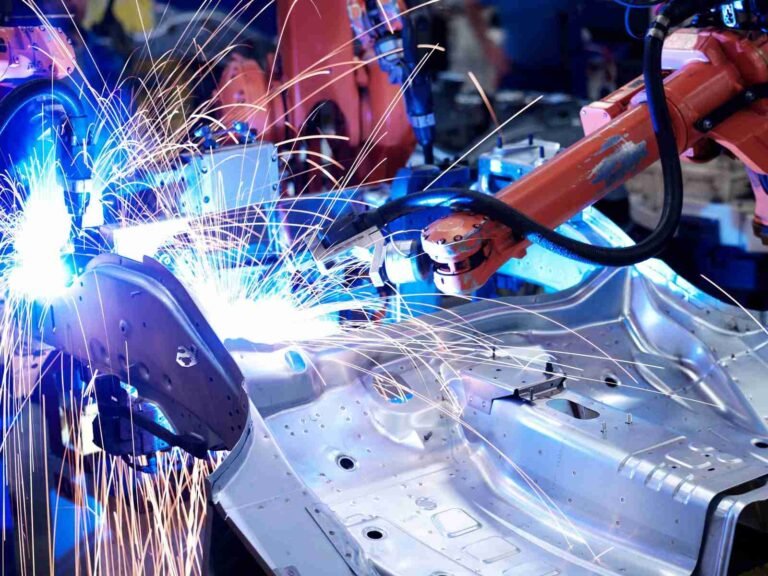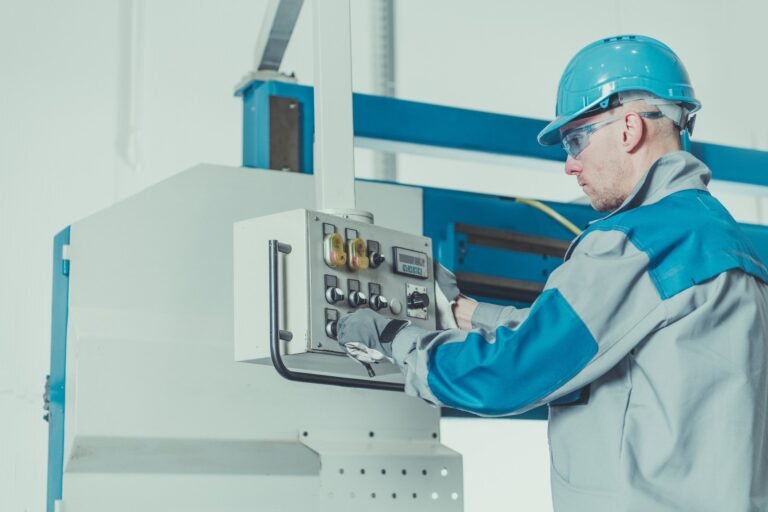Can You Laser Clean a Car? Exploring the Benefits and Limitations
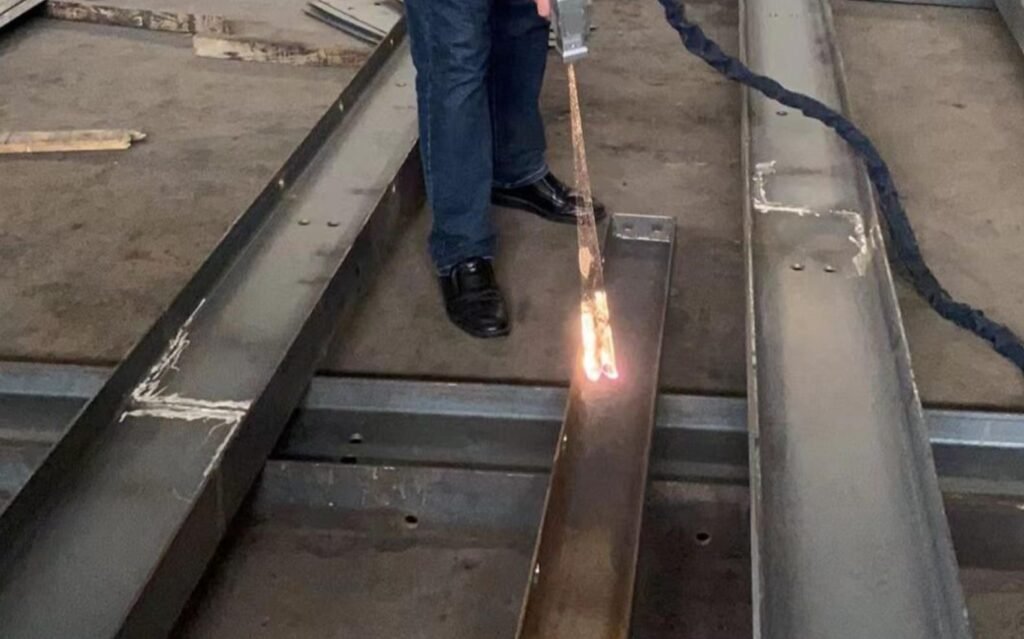
Cars are exposed to various contaminants, such as dirt, dust, grease, and grime, which can build upon the surface and affect their appearance and performance. Traditional car cleaning methods, such as washing, waxing, and polishing, can be time-consuming, labor-intensive, and environmentally harmful. To address these challenges, laser technology has emerged as an efficient, precise, and eco-friendly solution for car cleaning. In this article, we will explore the benefits and limitations of using laser for car cleaning.
How Does Laser Car Cleaning Work?
Laser car cleaning works by using a high-intensity laser beam to remove contaminants from the surface of the car. The laser beam is directed towards the surface of the car using a scanner or a robotic arm. The laser beam interacts with the surface of the car, creating plasma, and generating shockwaves that remove the contaminants.
The laser beam can be adjusted to meet the requirements of the cleaning process, including the intensity, the pulse duration, and the spot size. The laser car cleaning process is non-contact, meaning that the laser beam does not touch the surface of the car, reducing the risk of damage and contamination. The laser car cleaning machine can be operated manually or automated, depending on the application.
Benefits of Laser Car Cleaning
Laser car cleaning has several advantages over traditional car cleaning methods, including:
Efficiency: Laser car cleaning can remove contaminants from the surface of the car quickly and efficiently, reducing the cleaning time and increasing productivity.
Precision: Laser car cleaning can be adjusted to target specific areas of the car, providing precise cleaning and ensuring that only the contaminants are removed.
Environmental Friendliness: Laser car cleaning does not use chemicals or abrasive materials, making it an eco-friendly alternative to traditional car cleaning methods. It also produces minimal waste, reducing the environmental impact.
Safety: Laser car cleaning is a safe cleaning method, as it does not produce dust, fumes, or other hazardous materials. It also reduces the risk of accidents and injuries associated with traditional cleaning methods, such as chemical exposure and physical strain.
Cost-effectiveness: Although the initial investment for a laser car cleaning machine may be higher than traditional cleaning equipment, it can provide long-term cost savings due to its efficiency, precision, and minimal maintenance requirements.
Limitations of Laser Car Cleaning
Despite its many benefits, laser car cleaning has some limitations that need to be considered:
Highly Reflective Surfaces: Laser car cleaning may not be effective on highly reflective surfaces, such as chrome or polished metal, as the laser beam can bounce back and cause damage.
Initial Investment Cost: Laser car cleaning machines can be expensive, which may limit their accessibility to small businesses and individuals.
Limited Availability: Laser car cleaning technology is still relatively new, and not all car cleaning services offer it as an option.
Applications of Laser Car Cleaning
Laser car cleaning has a wide range of applications in various industries, including:
Automotive Industry:
Rust Removal: Laser car cleaning can be used to remove rust from the surface of the car without damaging the underlying material.
Paint Stripping: Laser car cleaning can be used to strip the paint from the surface of the car quickly and efficiently.
Surface Preparation: Laser car cleaning can be used to prepare the surface of the car for painting or coating.
Car Detailing:
Upholstery Cleaning: Laser car cleaning can be used to clean car upholstery, removing stains, and restoring the appearance of the fabric.
Headlight Restoration: Laser car cleaning can be used to restore cloudy or hazy headlights, improving their performance and appearance.
Engine Detailing: Laser car cleaning can be used to clean engine parts, removing grease, and improving the engine’s performance.
Conclusion
Laser car cleaning has emerged as an efficient, precise, and
eco-friendly solution for car cleaning. It offers numerous benefits over traditional car cleaning methods, including efficiency, precision, environmental friendliness, safety, and cost-effectiveness. Laser car cleaning has a wide range of applications in various industries, including the automotive industry and car detailing.
Although laser car cleaning has some limitations, such as the initial investment cost and the limited availability of the technology, it has a promising future in the car cleaning industry. As technology continues to evolve, laser car cleaning machines are becoming more affordable and accessible to small businesses and individuals. Moreover, the technology is expected to improve, and its applications are likely to expand to cover more surfaces and materials.
If you are considering using laser car cleaning for your car cleaning needs, it is essential to research the available services and choose a reputable and experienced service provider. Laser car cleaning requires specialized knowledge and expertise to operate safely and effectively, and working with a professional can ensure that your car is cleaned thoroughly and safely.
In conclusion, laser car cleaning is an efficient, precise, and eco-friendly solution for car cleaning. It offers numerous benefits over traditional car cleaning methods, including efficiency, precision, environmental friendliness, safety, and cost-effectiveness. Its applications span various industries, including the automotive industry and car detailing. Although it has some limitations, it has a promising future in the car cleaning industry and is worth considering for your car cleaning needs.
Request A Free Quote
Have any questions about laser parts?
Don’t hesitate to contact us. Lasersourcing’s product specialists are very happy to help you and provide a variety of flexible and reliable solutions to help you solve various problems.
Tel
+86-15370952128
lasersourcing@hotmail.com
15370952128
+86-15370952128
